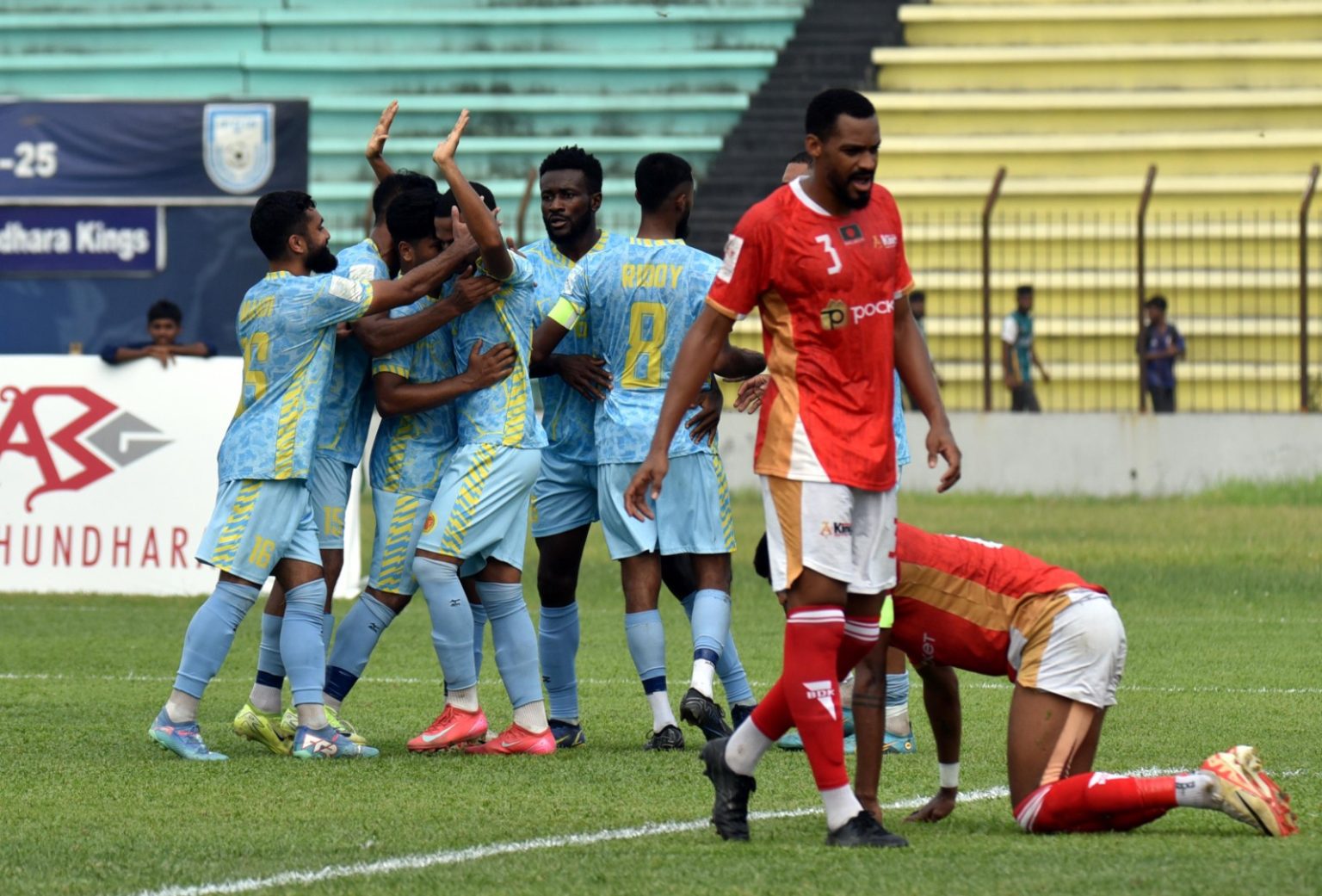After five consecutive league titles, Bashundhara Kings’ aura of invincibility appears to have finally cracked. This season, the reigning giants of Bangladeshi football have faltered in unexpected ways — and voices from within the game have begun unpacking the reasons behind their sharp decline.
Speaking candidly, Sports Journalist Rifat Masud pointed to a combination of tactical inertia, personnel issues, and a lack of adaptation following key departures. “There’s no doubt that the hunger within the club had faded slightly after so many titles,” Masud said. “When Oscar Bruzón stepped down, the core coaching staff remained unchanged, making it difficult for the incoming coach to implement his own ideas.”
The new coach, unfamiliar with both the domestic league and many of its players, was reportedly disillusioned by what he encountered. “He may have expected national team players to be of higher quality,” Masud added, “but the performance gap between the likes of Robson and Miguel and most local players became very clear — especially during the AFC Challenge Cup, which served as a harsh reality check.”
The void left by Brazilian striker Robson, a prolific No. 9, was particularly damaging. “Since his departure, no replacement has come close to replicating his output,” Masud explained. “Meanwhile, Miguel’s form has dipped significantly, with fitness issues and noticeable weight gain affecting his impact.”
Structural concerns also plagued the side. Key domestic players like Tariq Kazi were unavailable for much of the season, and injuries to defenders like Bishwanath Ghosh further destabilised the backline. Makeshift solutions — such as deploying winger Rakib and midfielder Sohel Rana as false nines — failed to yield results and disrupted their natural rhythm.
Mahfojur Rahman, General Secretary of the Kings Ultras, echoed many of those concerns, particularly about the defensive issues. “We never properly replaced Gafurov, who was a massive presence in midfield,” he said. “Add to that Tariq’s absence and you’ve got a defensive gap we simply couldn’t cover — and it cost us the title.”
Rahman also defended the club’s under-fire coach. “It was his first season in South Asia, and he didn’t know the opposition well. Given a depleted squad and senior players like Topu Barman out of form, it was always going to be tough to win consistently.”
He gave credit to rivals Mohammedan, who have made a remarkable ascent from mid-table strugglers to champions in a few short seasons. “If Bashundhara had this kind of season last year, they would’ve still won everything. That’s how much Mohammedan have improved. They deserve full credit.”
On Abahani, he added, “They had to play the first half of the season without any foreign players. To get as far as they did with only locals was impressive, though their squad building still left room for improvement.”
As for Bashundhara’s next steps, both Masud and Rahman emphasised the need for long-term thinking. “They should invest in their academy, embrace the transition period, and build around young players,” said Masud. Rahman agreed: “We need to bring in foreign players who can make a difference and support the coach in addressing underperformance. If Mohammedan fail to secure their AFC license, we still have a shot at continental football — but real rebuilding must begin now.”


